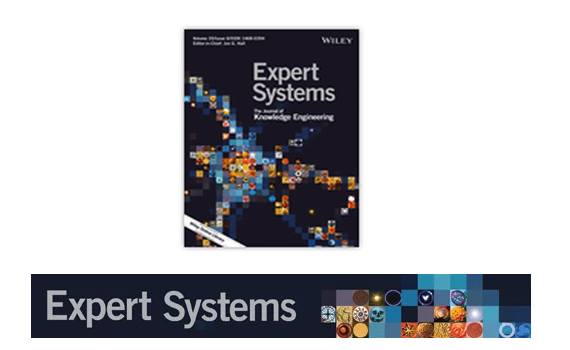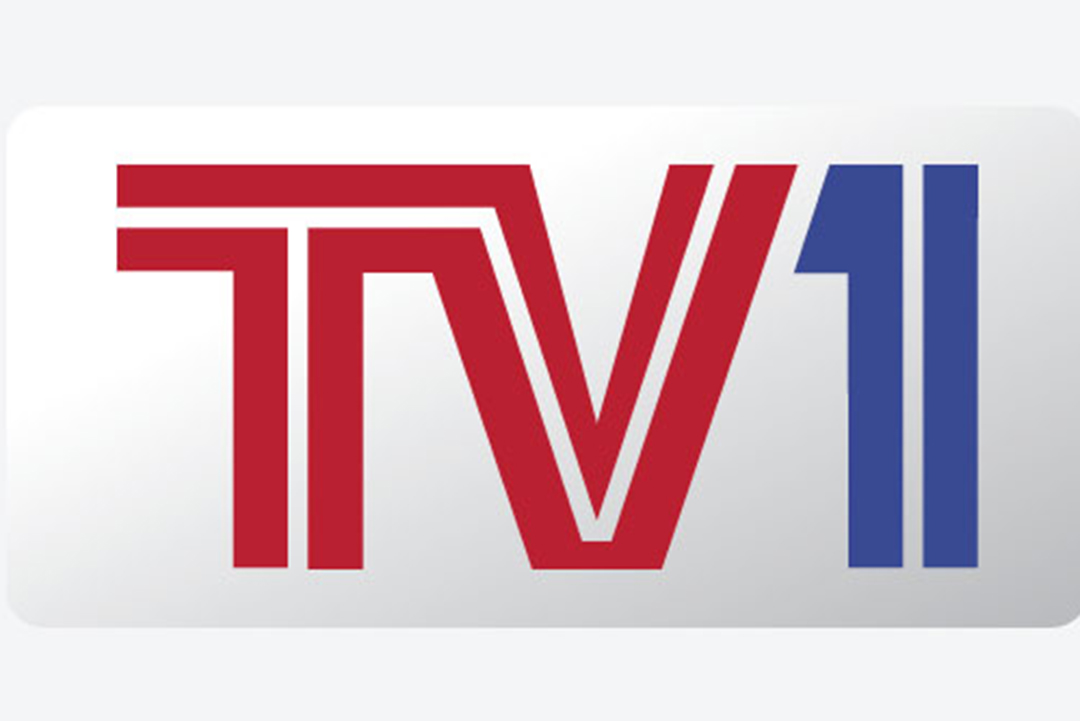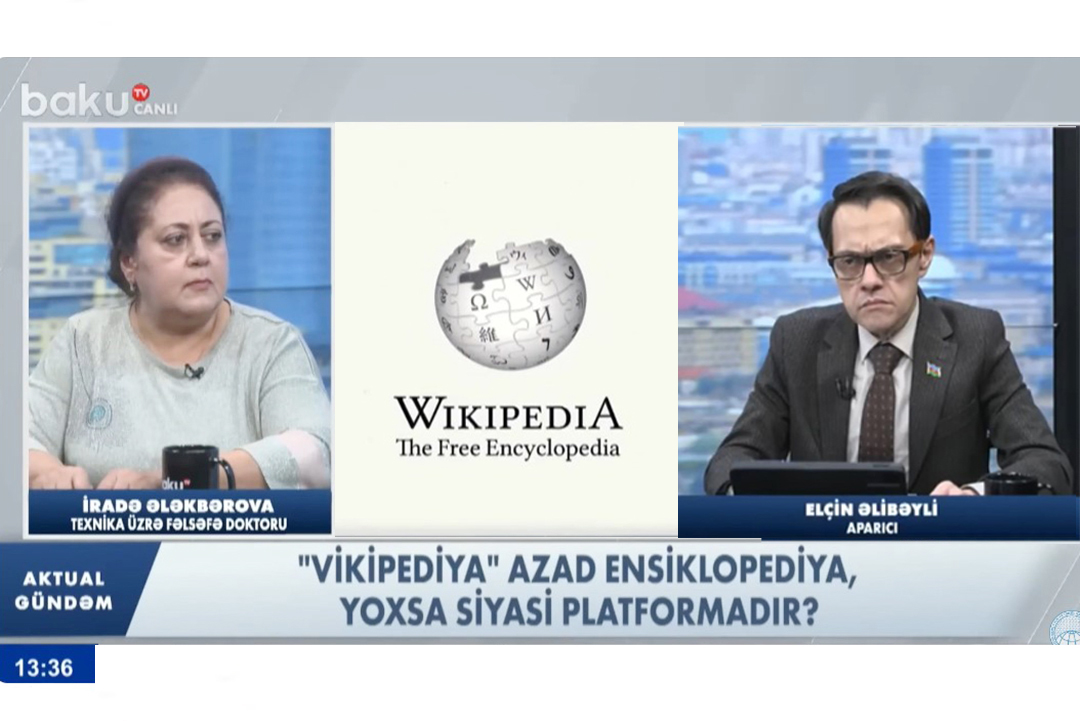NEWS
Text summarization based on clustering and optimization

An article “COSUM: Text summarization based on clustering and optimization” prepared within the framework of international cooperation by institute’s staff was published in “Expert Systems” journal with Impact Factor 1.43. "Expert Systems" is considered to be one of the most influential journals published in the field of knowledge engineering.
The authors of the article are academician-secretary of ANAS, director of the Institute of Information Technology of ANAS, academician Rasim Alguliyev, head of department, corresponding member of ANAS, doctor of technical sciences Ramiz Aliguliyev, the student of RWTH Aachen University Nijat Isazade, the researcher of Big Data Center at the University of Technology, Malaysia, Asad Abdi and researcher at the Computer Science and Information Technology at Malaya University Norisma Idris.
Text summarization is a process of extracting salient information from a source text and presenting that information to the user in a condensed form while preserving its main content. In the text summarization, most of the difficult problems are providing wide topic coverage and diversity in a summary. Research based on clustering, optimization and evolutionary algorithm for text summarization has recently shown good results, making this a promising area. In this paper, for text summarization, a two‐stage sentences selection model based on clustering and optimization techniques, called COSUM, is proposed. At the first stage, to discover all topics in a text, the sentences set is clustered by using the k‐means method. At the second stage, for selection of salient sentences from clusters, an optimization model is proposed. This model optimizes an objective function that expressed as a harmonic mean of the objective functions enforcing the coverage and diversity of the selected sentences in the summary.
To provide readability of a summary, this model also controls the length of sentences selected in the candidate summary. For solving the optimization problem, an adaptive differential evolution algorithm with a novel mutation strategy is developed.
The method COSUM was compared with the 14 state‐of‐the‐art methods. Experimental results demonstrated that COSUM outperforms state‐of‐the‐art methods in terms of ROUGE‐1 and ROUGE‐2 measures.
© All rights reserved. Citing to www.ict.az is necessary upon using news



